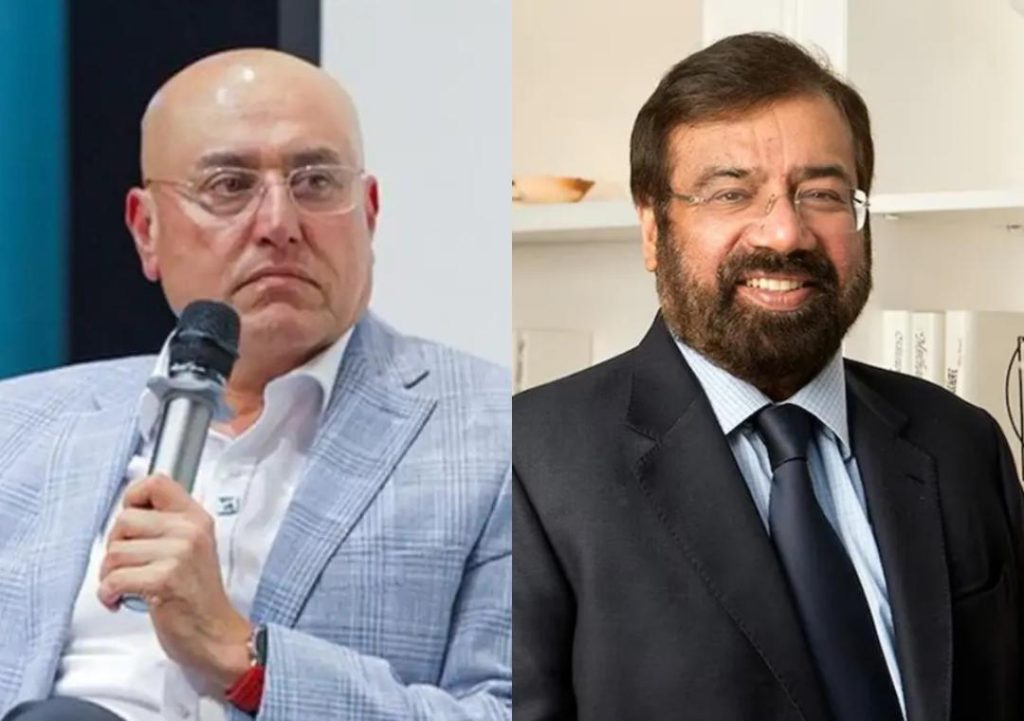
Hotmail Co-founder says ‘truth=anti-India’, Goenka replies ‘Living in US & lecturing us?’
The recent Twitter spat between Hotmail co-founder Sabeer Bhatia and billionaire Harsh Goenka has sparked a heated debate on the definition of truth and nationalism in India. The exchange began when Bhatia claimed that those who speak the truth in India are often labeled as “anti-national”. He tweeted, “In India, speaking the truth is considered ‘anti-national’. Then who’s a national? The one who lies to you?”
However, Goenka, the chairman of RPG Group, did not take kindly to Bhatia’s statement. He responded by saying, “Living in California and lecturing a billion Indians back home?…India doesn’t need sermons from those who packed up and left.”
The debate that ensued highlights the complexities of living in a democracy where freedom of speech is a fundamental right, but also where the notion of national interest and loyalty is often closely tied to political and social ideologies.
Bhatia’s initial statement seems to suggest that India has a culture of suppressing dissenting voices and labeling those who speak the truth as “anti-national”. This is a claim that has been made by many critics of the Indian government, who argue that the current political climate is marked by a rise in authoritarianism and a clampdown on free speech.
However, Goenka’s response questions the credibility of Bhatia’s statement, given that he has chosen to live in the United States rather than staying in India and contributing to the country’s development. Goenka’s argument is that Bhatia, as an NRI (Non-Resident Indian), lacks the understanding of the complexities of Indian society and politics, and is therefore ill-equipped to offer advice or guidance to the Indian people.
This exchange also brings to light the issue of “armchair activism”, where individuals who are not directly affected by the problems of a country feel empowered to offer solutions and advice without fully understanding the context. It is a phenomenon that has been observed in many countries, where NRIs and expatriates often feel compelled to offer their opinions on politics and social issues back home, without being aware of the nuances of the local situation.
In India, this phenomenon is particularly prevalent, given the country’s large diaspora community and the easy accessibility of social media platforms. Many NRIs and expatriates use social media to express their opinions on Indian politics and social issues, often without being aware of the local context or the potential consequences of their words.
Bhatia’s statement also raises questions about the role of social media in shaping public opinion and influencing political discourse. In recent years, social media has become an essential tool for politicians and activists to reach their audiences and shape public opinion. However, the lack of regulation and the anonymity of social media platforms have also created an environment where misinformation and hate speech can thrive.
The debate between Bhatia and Goenka highlights the need for a more nuanced understanding of the complexities of Indian society and politics. It also underscores the importance of considering the context and perspective of those who are directly affected by the issues being discussed.
In conclusion, the exchange between Bhatia and Goenka is a reminder that social media is a powerful tool that can be used to shape public opinion and influence political discourse. However, it is also important to recognize the limitations and potential pitfalls of social media, and to engage in constructive and respectful dialogue.






